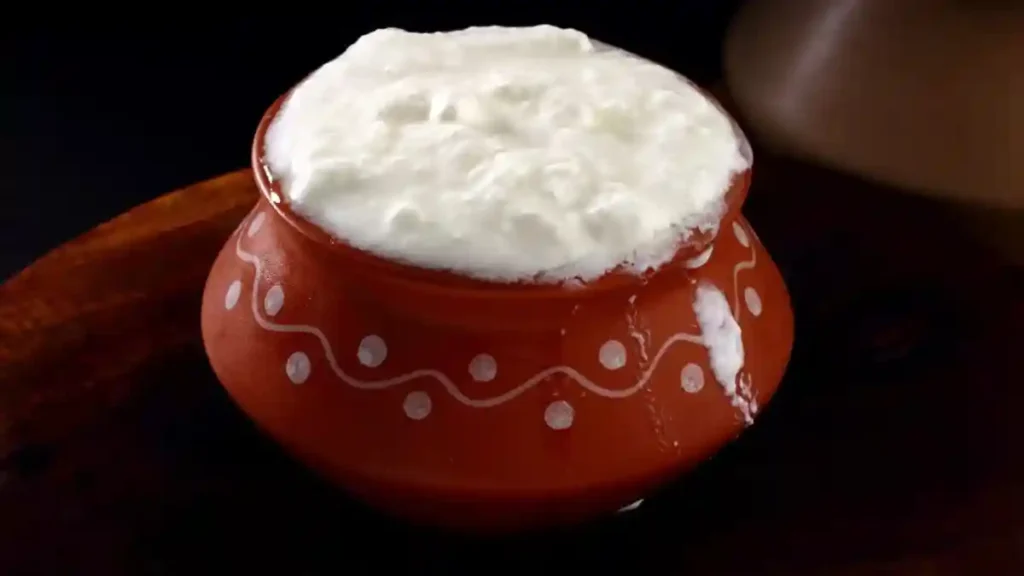Vitamin B12 Deficiency
If you are also facing Vitamin B12 deficiency, then we are going to tell you a natural way to improve it.
Let’s first understand why Vitamin B12 is very important for our body. It helps in making our nerves strong, supports the formation of red blood cells in the blood, and also helps the brain work properly.
Nowadays, due to our changing lifestyle, many people are facing vitamin deficiencies, and Vitamin B12 deficiency is one of the most common problems. A large number of people are suffering from it without even realizing it.
Usually, people who eat non-vegetarian food have better levels of Vitamin B12, because it is mostly found in animal-based food. On the other hand, vegetarians often have a higher chance of B12 deficiency.
Problems Caused by Vitamin B12 Deficiency
It’s important to know what happens when our body doesn’t have enough Vitamin B12. People with low B12 levels often feel very weak and tired, even after doing small tasks.
Other symptoms may include:
Feeling dizzy
Tingling or numbness in hands and feet
Forgetfulness or memory issues
If you have these symptoms, it’s a good idea to visit a doctor and get your Vitamin B12 levels checked. The good news is that Vitamin B12 can also be improved naturally, and we are going to tell you how.
This article will be very helpful for anyone looking for a natural solution to this issue.
How to Naturally Increase Vitamin B12 in the Body?
There are many supplements available in the market, but here we will tell you a simple home remedy to increase B12 naturally.
If a person eats 1 spoon of amla (gooseberry) powder mixed in curd every day, it can help reduce the deficiency of Vitamin B12.
Benefits of Eating Curd with Amla
Many research studies have shown that curd is very beneficial for our health. According to research, curd contains a good amount of Vitamin B12. About 0.5 micrograms of Vitamin B12 is found in 100 grams of curd.
So, if you eat 100 grams of curd daily, your body naturally gets Vitamin B12.
For even better results, you can add 1 small spoon of amla powder to curd and eat it.
Amla is also very good for our body. It is rich in Vitamin C and fiber. When you mix amla powder with curd, it doesn’t directly give you B12, but it helps the body absorb Vitamin B12 better.
Amla also contains a small amount of cobalt, which is a part of the Vitamin B12 compound. Because of this, it helps the body use B12 more effectively.
Who Should Avoid Curd and Amla Together?
While curd with amla powder is a natural and healthy way to increase Vitamin B12, it may not be suitable for everyone.
People who have gas or acidity problems should avoid eating curd mixed with amla powder.
Also, if someone has a very serious B12 deficiency, they should definitely consult a doctor instead of depending only on home remedies.
How to Make Curd at Home?

Making curd at home is very easy. You can prepare it right in your kitchen. In this article, I will explain the simple steps to make curd at home.
Steps to Make Curd:
Take fresh milk: First, take the required amount of milk.
Boil the milk well: Heat the milk properly until it comes to a good boil.
Let the milk cool down: After boiling, allow the milk to cool down naturally.
Check the temperature: Keep checking the milk. Once it becomes slightly warm (not too hot and not fully cold), test it by dipping your finger. The temperature should be warm enough that you can comfortably keep your finger in it.
Pour the milk into a clay pot or steel container: Traditionally, curd is set in a clay pot, but if you don’t have one, a steel bowl works fine too.
Add curd to the milk: Add about 100 grams of curd to 1 liter of warm milk. This curd acts as a starter.
Mix well and cover: Stir it gently, then cover the container properly with a lid or cloth.
Leave it undisturbed for 12 hours: Let it rest in a warm place for about 12 hours without touching it.
Check after 12 hours: Your homemade curd is ready to eat!
Disclaimer
This article is for general information only. It is not a replacement for professional medical advice. For proper treatment, always consult a doctor or medical expert. Vedkhabar does not take responsibility for the information provided here.